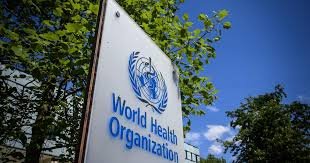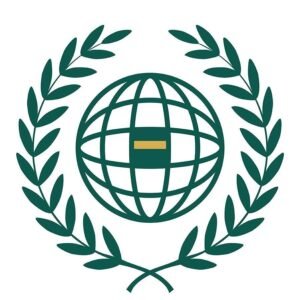Global toll of sudden, mysterious hepatitis in children rises to 650 cases

The World Health Organization has reported that there are at least 650 cases of sudden and unexplained hepatitis in young children under investigation in 33 countries, an increase of about 36 cases over the last international update, about a week ago. Another 99 cases are awaiting classification.
At least 38 children have required a transplant, and nine have died, according to a Friday statement from WHO. There are also 99 cases pending classification.
European countries have reported a majority of the cases, with 222 probable cases reported in the United Kingdom and Northern Ireland. Cases were also reported in North America, Argentina, the Western Pacific, Southeast Asia and the eastern Mediterranean region.
According to data on the cases in Europe, 75% of the children were under the age of 5. Of the 181 cases tested for adenovirus, 60% were positive. Of the 188 cases tested for COVID-19, 12% were positive. And of the 63 cases that had data on COVID vaccination, 84% were unvaccinated.
In this outbreak of severe acute hepatitis, cases have been more severe and “a higher proportion develops acute liver failure compared with previous reports of acute hepatitis of unknown aetiology in children,” WHO said.
“While adenovirus is a plausible hypothesis as part of the pathogenesis mechanism, further investigations are ongoing for the causative agent; adenovirus infection (which generally causes mild self-limiting gastrointestinal or respiratory infections in young children) does not fully explain the more severe clinical picture observed with these cases,” WHO said.
Earlier this week, it’s been from the family of a 2-year-old who was diagnosed with the severe type of hepatitis and underwent a liver transplant at M Health Fairview Masonic Children’s Hospital in Minneapolis.
Before Baelyn Schwab’s diagnosis was confirmed, the family “had no clue what was happening” for the first three days that she was hospitalized, her mom, Kelsea Schwab said.
“Then all of a sudden, the next day hit, and kind of everything just went [into] chaos,” she said. “Her labs skyrocketed. Neurologically, she wasn’t 100% there. It was very hard. You see your kid deteriorating in front of your eyes like overnight.”
The cause of the outbreak remains under investigation, and WHO classifies the global risk level as moderate.







